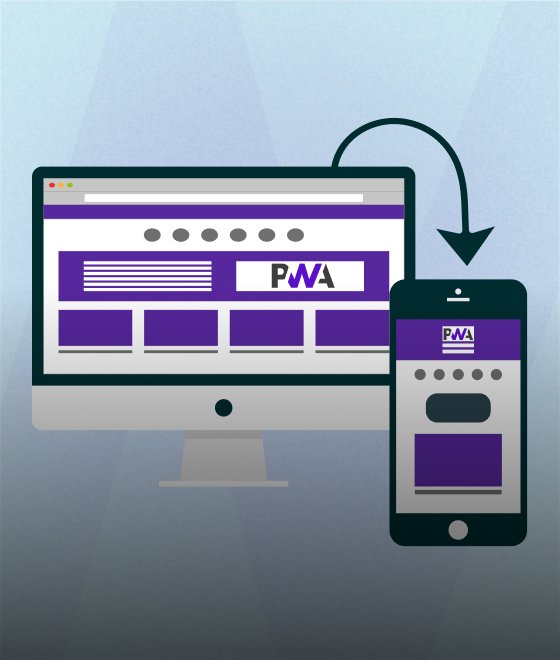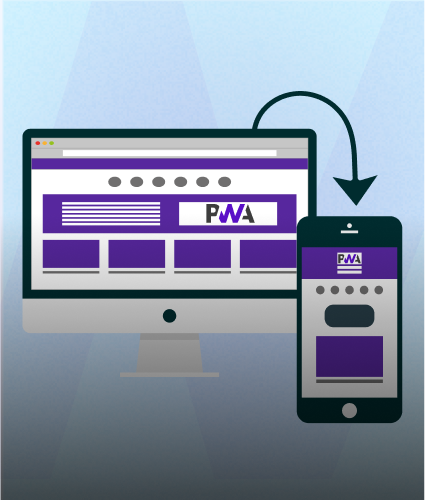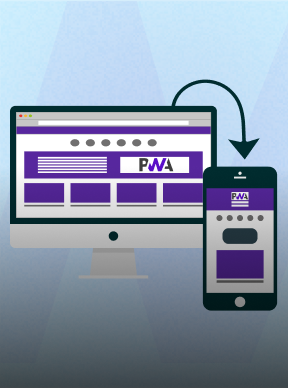In recent years, it has been more typical to work remotely, and leading remote teams can present its own set of difficulties. Because they may be spread across multiple time zones, have diverse work habits and communication preferences, and lack the in-person interaction that fosters relationship-building and collaboration, managing remote developers can be particularly difficult.
However, it is impossible to dismiss the advantages of remote developers. There are several benefits to working with remote developers, including:
Access to a wider talent pool: You can broaden your search beyond your local area and draw from a worldwide talent pool by employing remote engineers.
Increased productivity: Increased efficiency since remote developers can choose their own working conditions to maximize their productivity.
Cost savings: Hiring remote developers can often be more cost effective than hiring on-site staff, as you can save on office space and other overhead costs.
Given the benefits of remote developers, it's important for managers to understand how to manage and lead them effectively. In this blog, we'll explore some best practices for managing remote developers and ensuring their success in the organization.
Establish Clear Communication Channels
Clear communication is key to successful remote management. Without the ability to walk over to a developer's desk and ask a question, managers need to rely on digital communication tools to stay in touch with remote developers. However, not every means of contact is equivalent. It's important to establish clear guidelines for how your team should communicate, including which tools to use for what types of messages, response times, and etiquette.
Consider using a mix of synchronous and asynchronous communication tools. Synchronous tools like video calls and instant messaging can be great for quick questions or urgent issues, while asynchronous tools like email and project management tools are better for longer-form communication that can be addressed when convenient. By establishing clear communication channels and guidelines, you can help ensure that everyone on your team is on the same page and working efficiently.
Use Project Management Tools
Project management tools can be a lifesaver for remote teams. They provide a central location for project-related information, including timelines, deadlines, tasks, and progress updates. Project management tools also make it easy for managers to monitor progress and assign tasks to team members.
When selecting a project management tool, consider the needs of your team. Some popular options include Asana, Trello, and Basecamp. Make sure to train your team on the tool and establish clear guidelines for how it should be used.
Set Clear Goals and Expectations
When managing remote developers, it's crucial to establish concrete objectives and benchmarks. Without clear goals, it can be difficult for remote developers to know what they're working towards and how their work fits into the larger picture.
Goals should be SMART, or specific, measurable, attainable, relevant, and time-bound. Additionally, make sure everyone on the team is aware of the goals and how their work contributes to achieving them. By setting clear goals and expectations, you can help ensure that everyone is working towards the same objectives and on the same timeline.
Foster a Sense of Community
Working remotely can be isolating, which can lead to decreased motivation and engagement. To combat this, it's important to foster a sense of community among remote team members.
Consider hosting virtual team building events, like online games or virtual happy hours. Encourage team members to share personal updates and ask about each other's lives outside of work. By fostering a sense of community, you can help ensure that remote team members feel connected to the team and are motivated to do their best work.
Encourage a Healthy Work-Life Balance
One of the benefits of remote work is the flexibility it offers. However, this can also lead to work bleeding into personal time, which can lead to burnout and decreased productivity. As a manager, it's important to encourage a healthy work-life balance among your team members.
Encourage team members to take breaks and step away from their screens regularly. Set clear boundaries around working hours and expectations for after-hours communication. By encouraging a healthy work-life balance, you can help ensure that your team members are able to perform at their best without sacrificing their personal lives.
Provide Feedback and Recognition
Providing feedback and recognition is important for any team, but it's especially critical for remote teams. Without the ability to observe team members in person, managers need to
- Make sure to provide regular feedback on individual and team performance. This helps remote team members understand their strengths and weaknesses, and allows them to make necessary adjustments.
- Recognition is also important for motivating remote workers. Make sure to acknowledge team members' accomplishments and contributions publicly, such as through team-wide emails or during virtual meetings.
- Be specific in your feedback and recognition. Instead of just saying "good job," provide details on what specifically was done well and how it contributed to the team's success.
- Provide constructive feedback when necessary. This helps remote team members understand areas where they can improve and provides them with specific actions they can take to make those improvements.
Foster a Strong Team Culture
One of the challenges of managing a remote team is fostering a strong team culture. Without the ability to physically interact with one another, it can be difficult to create a sense of camaraderie and shared purpose. However, there are steps managers can take to help build a strong team culture.
- Schedule regular virtual team-building activities. These can be anything from virtual coffee breaks to online games or trivia contests. The goal is to provide opportunities for team members to interact in a non-work setting.
- Create a shared vision for the team. Make sure team members understand the team's goals and how their individual work contributes to those goals.
- Encourage open communication and collaboration. Make sure team members understand that they can reach out to one another for help or advice, and that they are encouraged to collaborate on projects.
- Celebrate successes together. When the team achieves a major milestone or completes a challenging project, make sure to celebrate together virtually. This helps build a sense of shared accomplishment and reinforces the team's sense of purpose.
Embrace Technology
When managing a remote team, technology is your friend. There are a wide variety of tools and platforms available that can help you communicate with your team, track project progress, and collaborate effectively.
- Invest in high-quality video conferencing tools. These tools allow team members to communicate face-to-face, even when they are located in different parts of the world.
- Use project management tools to track progress and deadlines. These tools provide a centralized location for all project-related information, making it easy for team members to stay on top of their responsibilities.
- Consider using chat apps for quick, informal communication. These apps can be used to ask quick questions or provide updates in real-time.
- Encourage the use of cloud-based storage and collaboration tools. These tools allow team members to access project files and collaborate on documents from anywhere in the world.

Challenges of Managing Remote Developers and How to Overcome Them
While managing remote developers can offer many benefits, it can also present some unique challenges. For example, remote teams can face communication barriers, time zone differences, and cultural differences that can impact productivity and collaboration. To overcome these challenges, it's important to establish clear communication protocols, set realistic expectations, and build a positive team culture. Additionally, it's important to be flexible and adapt to changing circumstances, such as different time zones or unexpected events that might impact the team's work.
Tips for Hiring and Building a Successful Remote Development Team
If you're considering building a remote development team, there are a few tips to keep in mind. First, it's important to hire skilled professionals with a proven track record of success in remote environments. Additionally, it's important to establish clear expectations and protocols from the outset, so everyone knows what is expected of them. Finally, it's crucial to foster a positive team culture and build trust among team members, even if you are working remotely.

Conclusion
Managing remote developers requires a different set of skills and strategies than managing traditional teams. It is essential to set clear expectations, establish effective communication and collaboration tools, monitor performance, build trust and accountability, manage time effectively, and foster a positive culture and team building activities. By implementing these best practices, companies can successfully manage remote developers and achieve their project goals.




.svg)

.svg)



.svg)

.svg)


.webp)




.png)
.png)
.png)



.png)
.png)
.png)



